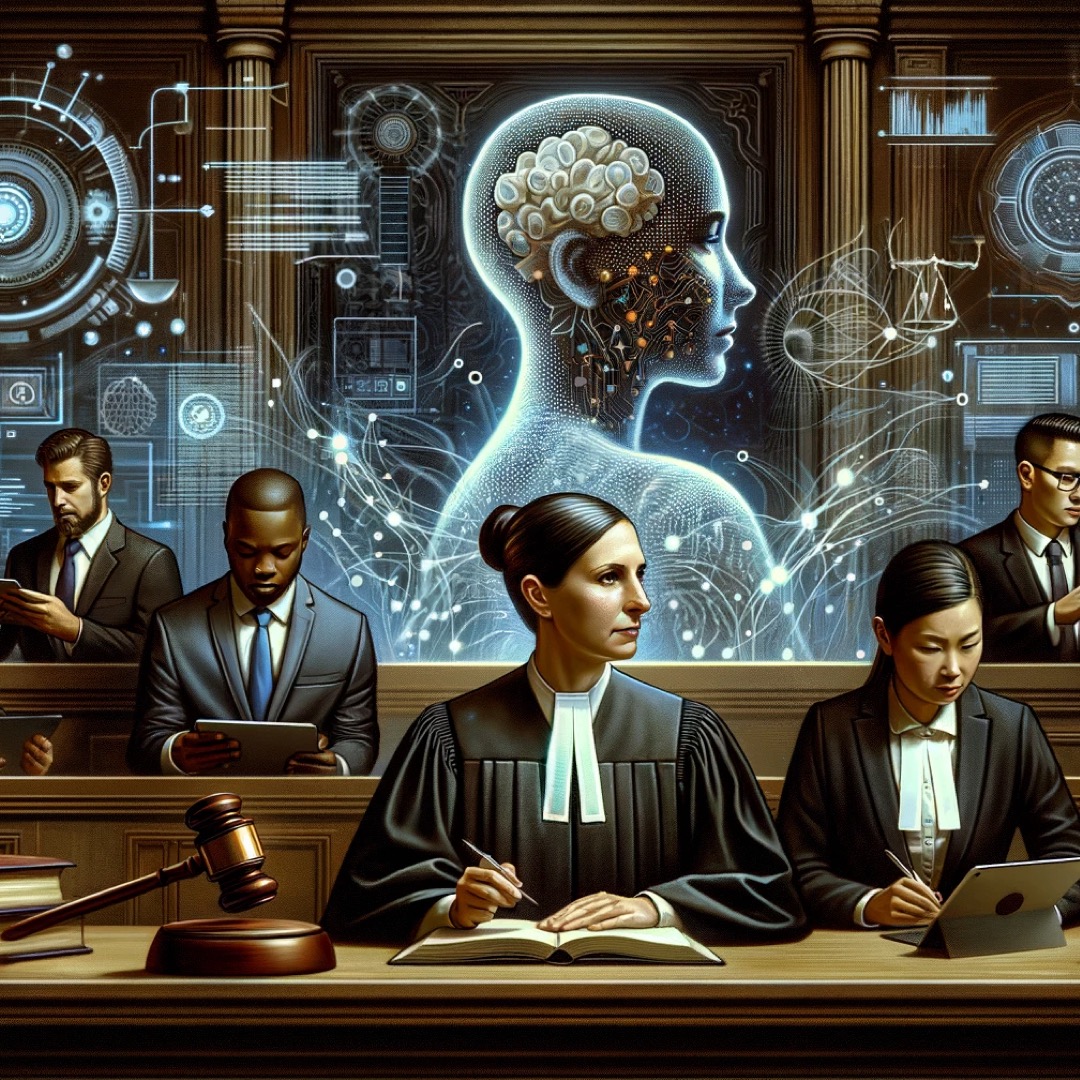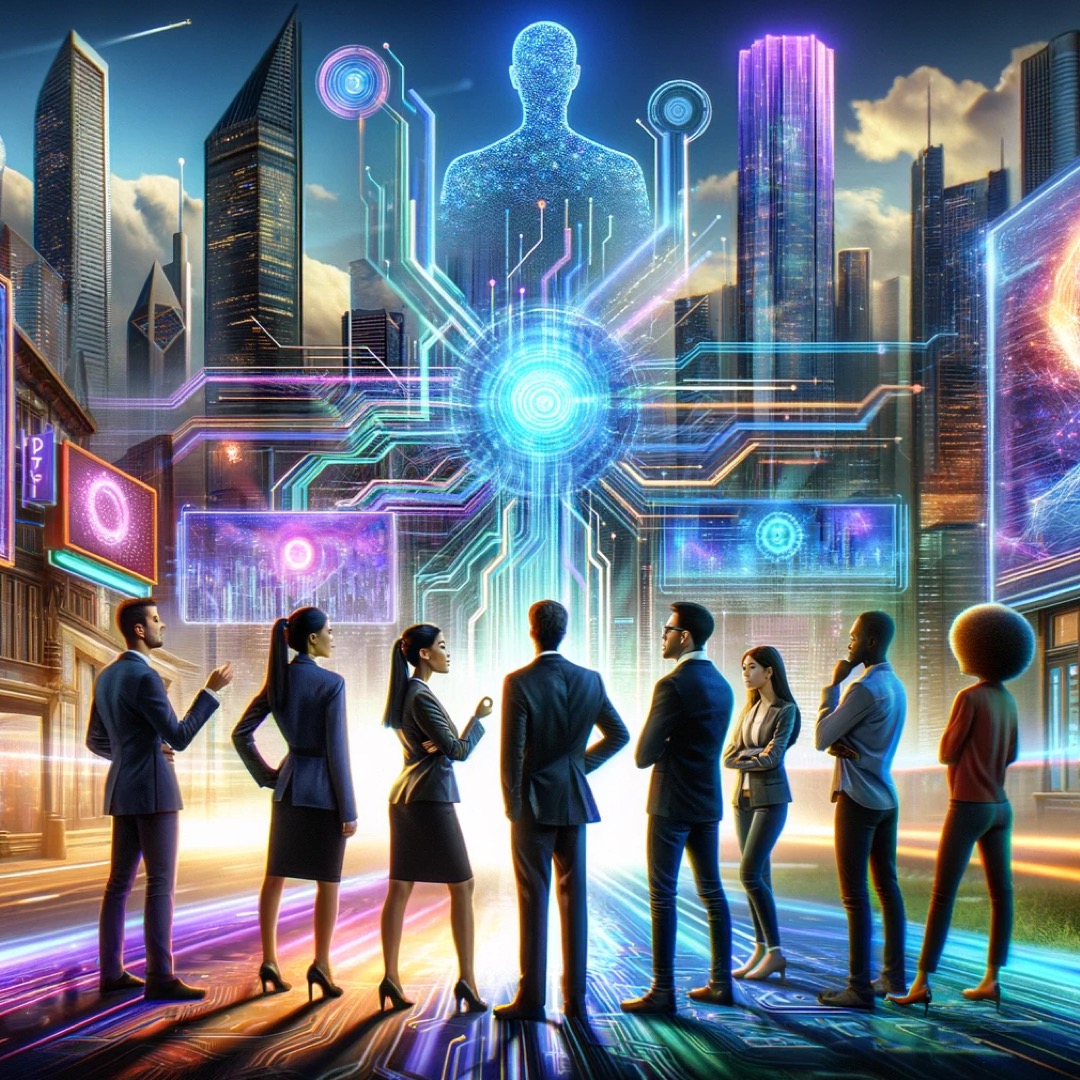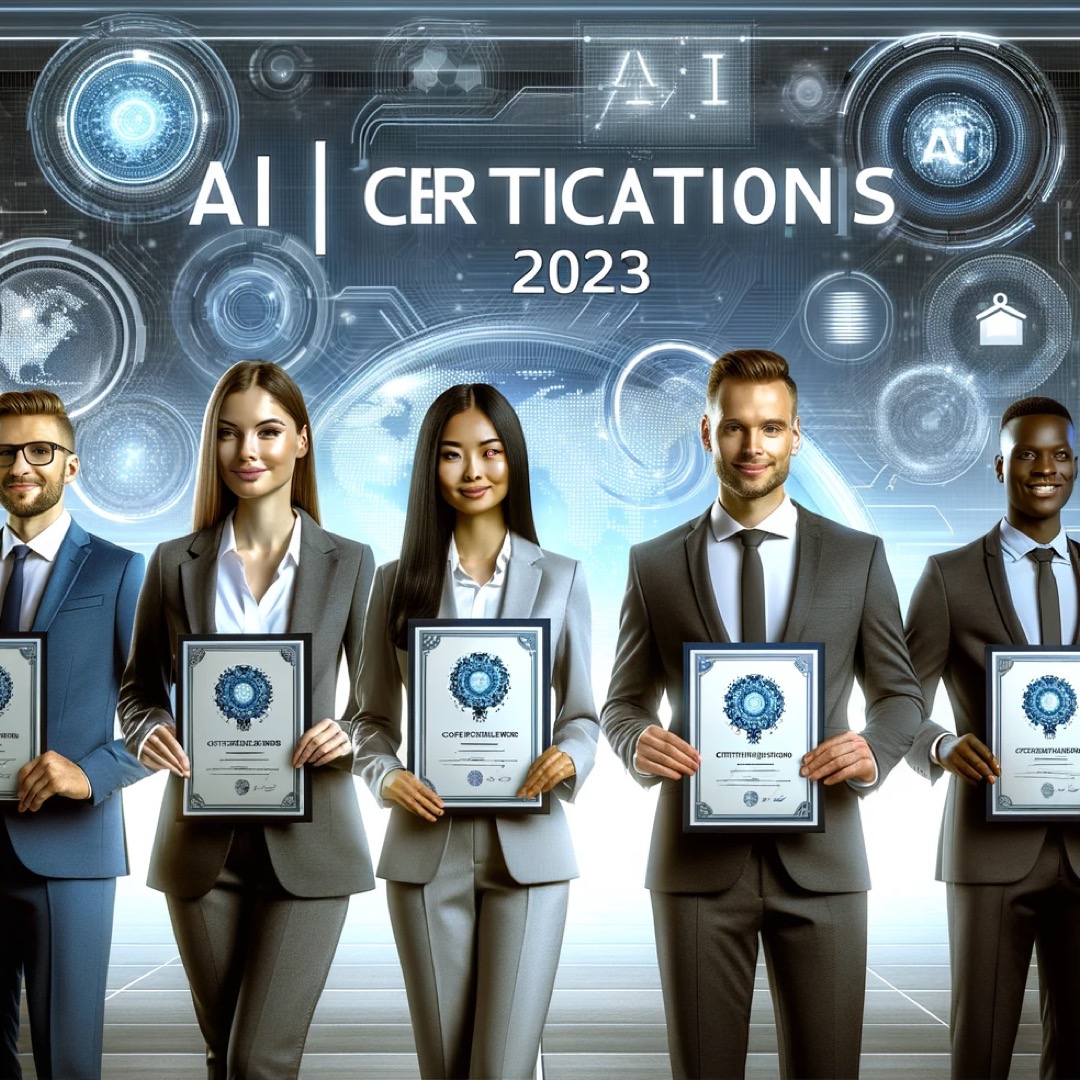
In a significant development, U.S. courts have started to encounter the complexities brought by generative AI technologies. Judges are increasingly grappling with the implications of these tools, which range from evidentiary considerations to ethical concerns.
The integration of AI in legal proceedings is not without challenges. It raises questions about bias, accuracy, and the extent to which AI can be relied upon in legal decision-making. These issues are prompting a reevaluation of traditional legal practices and the development of new guidelines for AI’s use in the judiciary.
This trend is a clear indication of how generative AI is not just a technological advancement but also a catalyst for systemic changes. It underscores the need for continuous dialogue between technologists, legal experts, and policymakers to ensure that AI is used responsibly and effectively in legal contexts.






